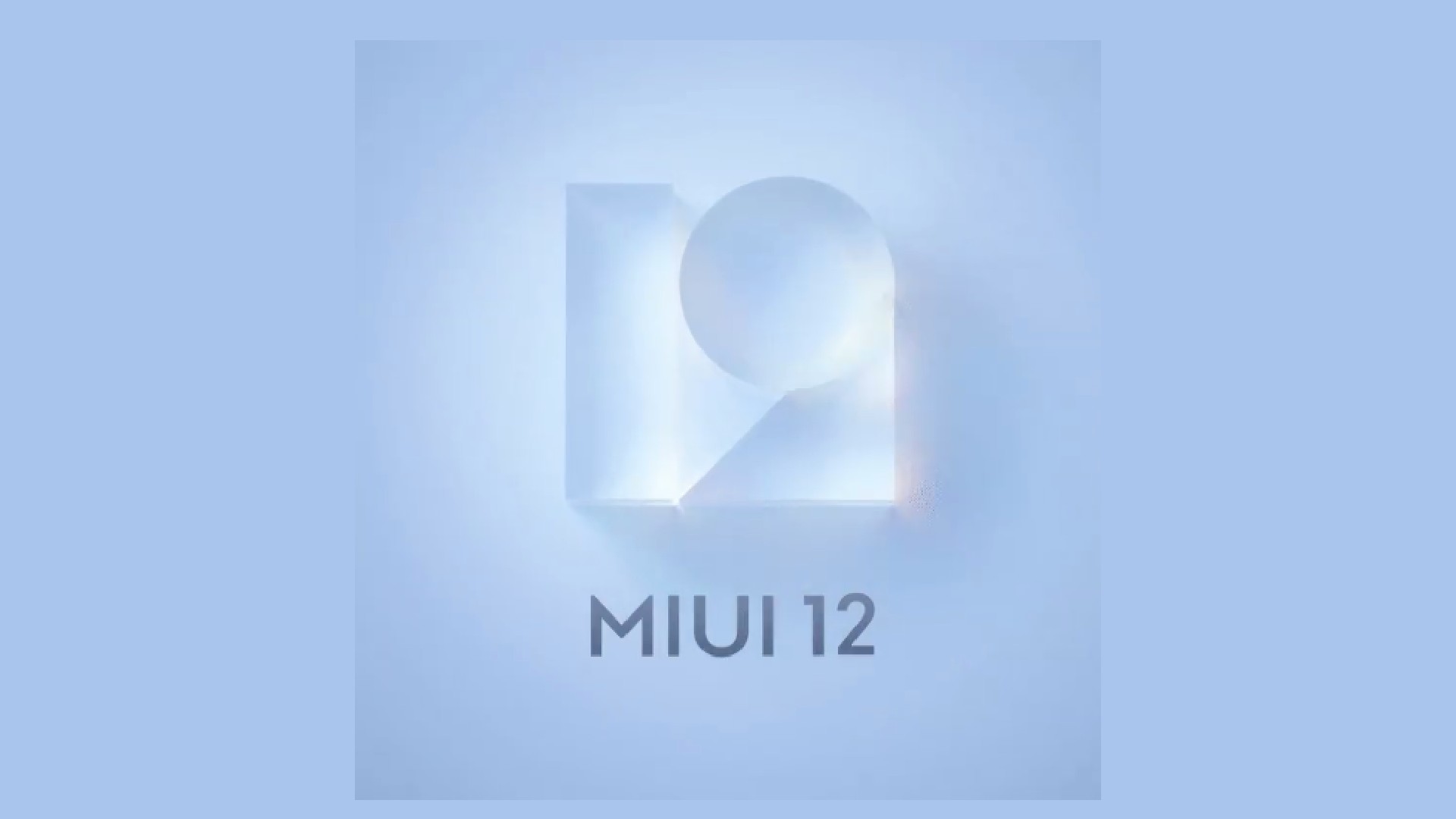
Xiaomi’s affordable hardware might be the draw for most users, but the MIUI Android skin has its fair share of fans. Despite being called out for taking design cues from Apple, Xiaomi has done an excellent job bringing the latest software enhancements, backporting features to older devices through MIUI. With MIUI 12, Xiaomi continues to introduce privacy, usability, and interface enhancements with a sprinkling of iOS styling thrown in for good measure.
While final builds will not start rolling out till later in the year, we managed to download and flash a MIUI 12 beta ROM of the Chinese version and flashed it on a Redmi Note 7 Pro. Here are some of the most notable MIUI 12 features we’ve come across so far.
A fresh new interface
![]()
With MIUI 12, Xiaomi has paid special attention to minimalism in interface elements. The new icon pack is clean to look at and is fully animated. In fact, animations across the board have received an upgrade and enjoy some extra visual flair.
Instead of popping out from the middle of the screen, each animation is now triggered by respective icons which makes the experience look a lot more cohesive. There are subtle animation cues strewn all across the system interface that add to the aesthetics. For example, the storage widget in the about page dynamically adjusts to give you a visual notification of the percentage of free storage.
The settings pane has got an overhaul with sub-menu elements sporting larger text at the top which almost looks Windows Phone like in nature. Elsewhere, font kerning has been increased to give the text a more spaced-out, cleaner look.


Perhaps the biggest change is the switch to an iOS-style Control Center. The quick settings panel from the pull-down notification shade has been split off into its own separate page. Swiping down on the right side of the home screen reveals the Control Center while a swipe on the left side brings out the notification pane. In theory, it improves one-handed access to quickly accessed settings but in my time with the beta, I found it hard to get used to the new layout. If you’re not a fan, it is easy enough to switch back to the older layout.
Related: 8 things iOS does better than Android
Elsewhere, navigation gestures have received an overhaul. With MIUI 12, Xiaomi has fully embraced the standard navigation gestures from Android 10. The stock implementation is intuitive enough and Xiaomi’s additions make it more functional. You can mirror buttons to suit your preferences, it is still possible to switch back to navigation buttons if you aren’t ready to commit to gestures just yet.

MIUI 12’s Super Wallpapers are perhaps the flashiest new addition to the interface. The company has shown off two packages inspired by Earth and Mars related imagery. The wallpaper switches the level of magnification dynamically depending on where you are in the interface, scrolls along with the home screen panels.
Personally, I can see it getting tiresome after a while but avid theme lovers might find it an enjoyable addition. Want to test-drive the new wallpapers? Click this link to learn how you can install the new wallpapers on your phone.

MIUI 12 also brings Xiaomi’s take on Samsung’s pop-up view. The feature lets you pull out any app into a floating resizable window similar to desktop-style usage. The windowed app allows for full navigation control and works remarkably well even on older devices. However, only a single floating window can be enabled at a time.
Privacy and permissions management gets an overhaul

One of the most pleasant surprises found in the MIUI 12 beta is the steps being taken by Xiaomi to enhance privacy and security across the board. With MIUI 12, disabling system ads is now a single step process. Head over to the privacy section under settings and toggle off system ads. That’s it.


MIUI 12 also makes it easy to quickly glance at all the permissions being used by apps. The skin takes Android 10’s permissions prompts a step further by increasing the font size and making it very obvious every time an app asks for access to the camera, storage, or any other feature.
MIUI 12 takes a big step forward in privacy and permissions management.
In fact, the privacy center now shows a log of every single permission request, and every time an app auto starts. A visual notification can also be enabled for camera, microphone use. Finally, you can configure the system to return a blank message to any app requesting access to call logs or messages. This level of privacy control in MIUI is unprecedented and Xiaomi has done a very good job here.

Part of the privacy enhancements in MIUI 12, the phone lets you mask in-browser personalization behind a virtual profile. You can reset this virtual ID whenever you prefer to clear out any usage, preference related personalizations. Finally, it is also possible to block user IDs altogether though this might break some websites and should be used cautiously.


Elsewhere, MIUI 12 takes inspiration from Zen Mode on OnePlus phones and brings its own Focus Mode. Simple enough to use, the mode locks you out of all apps for a customizable period of time. You will, however, still be able to make and receive phone calls.
The updated health app and focus mode are handy additions for users looking to improve physical, mental well-being.
MIUI 12 is also debuting a new Health app that serves as a single point to aggregate data from Mi Fit, Google Fit, and additional services. The app lets you quickly glance at your step count, log weight, and supports period tracking as well.
An interesting addition is the ability to track your sleep even if you don’t have a fitness band on hand. The app uses the microphone to track snoring, talking, and noise patterns to determine when you go to sleep. I don’t expect this feature to be very accurate but it might just be able to give you an overview of your sleep data.
Quality of life improvements all around

A subtle but useful addition to brightness level control comes with sunlight mode. If you prefer to dial-in brightness levels manually over automatic control, the mode will come in handy. Under bright ambient light, the mode automatically increases brightness levels and will fall back to your preferred level once you are indoors.

Xiaomi’s Mi Share app is a very nifty way to share data across phones. For file sharing with PCs, the app includes an FTP mode that works well enough. Now, with MIUI 12, the app gets a significant update. To start with, we finally see the fruits of the partnership between Xiaomi, Vivo, Realme, and Oppo. With compatible devices, Mi Share works like AirDrop on iOS to enable frictionless, fast file sharing. In fact, like AirDrop, the feature will also work with recent Xiaomi laptops.
Related: 9 wacky Xiaomi products you didn’t know existed
We’re still poking around the MIUI 12 beta build for notable features, but so far this is shaping up to be a very significant update for the company. I like the renewed focus on privacy and permissions management. Transparency in how the company analyses your data is key as the Xiaomi’s products gain traction in Western markets. The refreshed interface also looks good though it is unfortunate that it derives so much inspiration from iOS.
What features are you looking forward to in MIUI 12? Let us know in the comments section.
More posts about xiaomi
from Android Authority https://ift.tt/2zgzNsm













